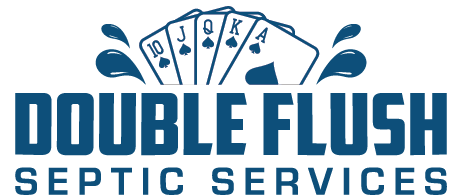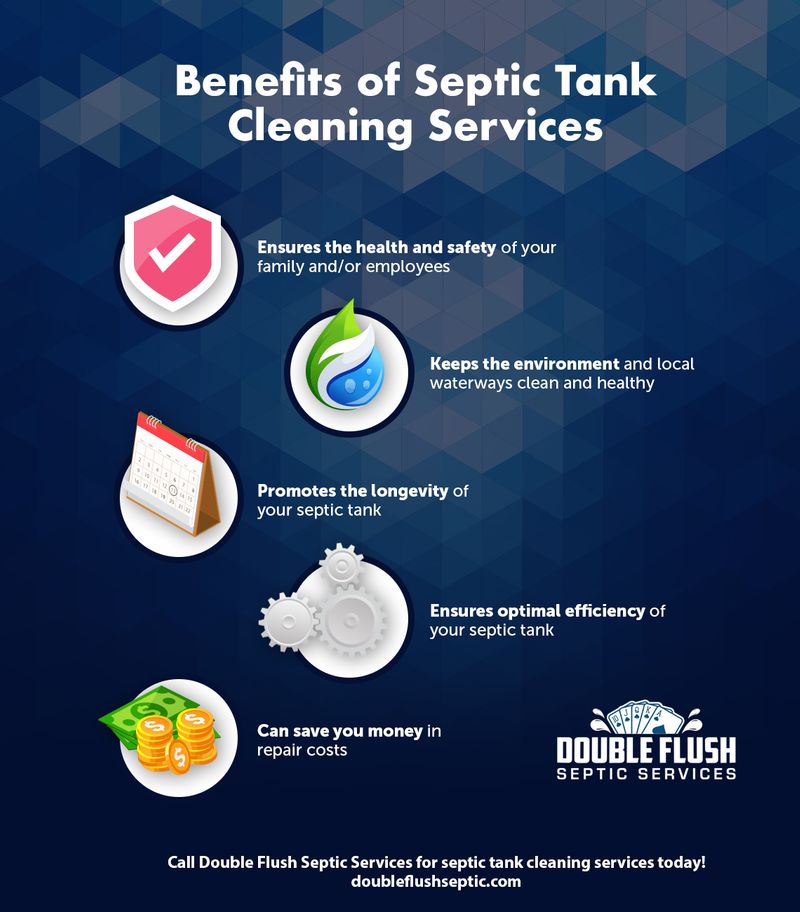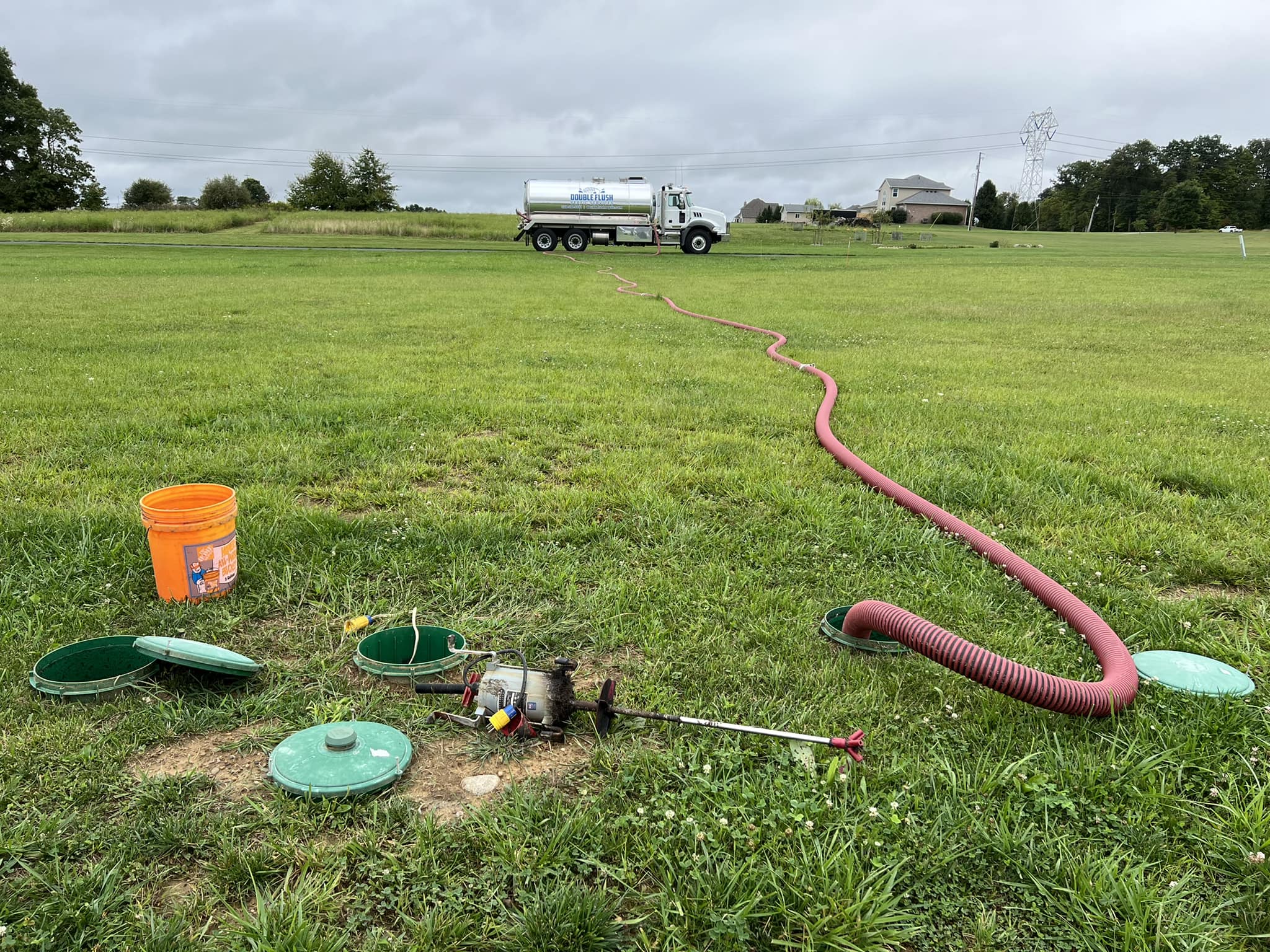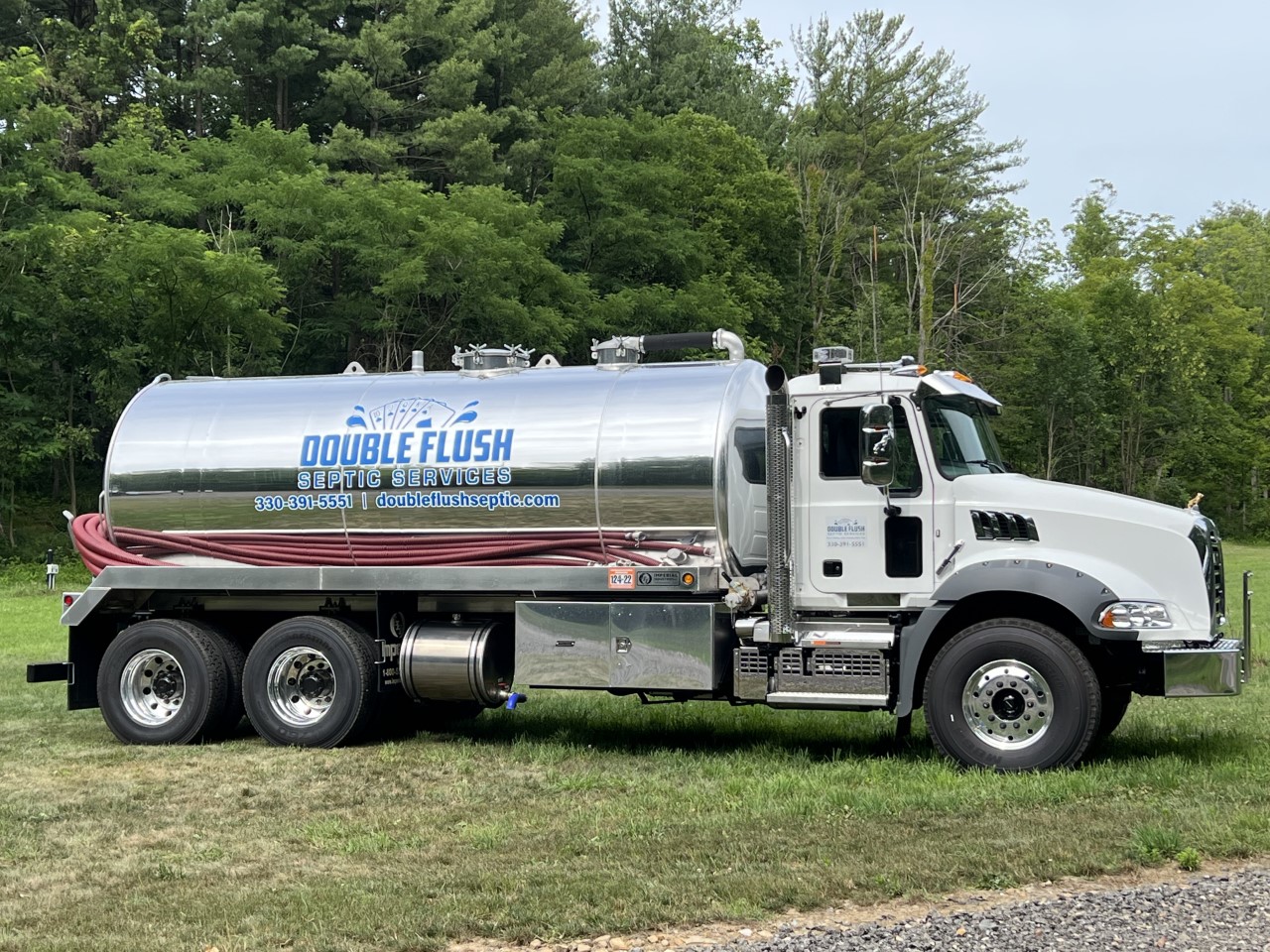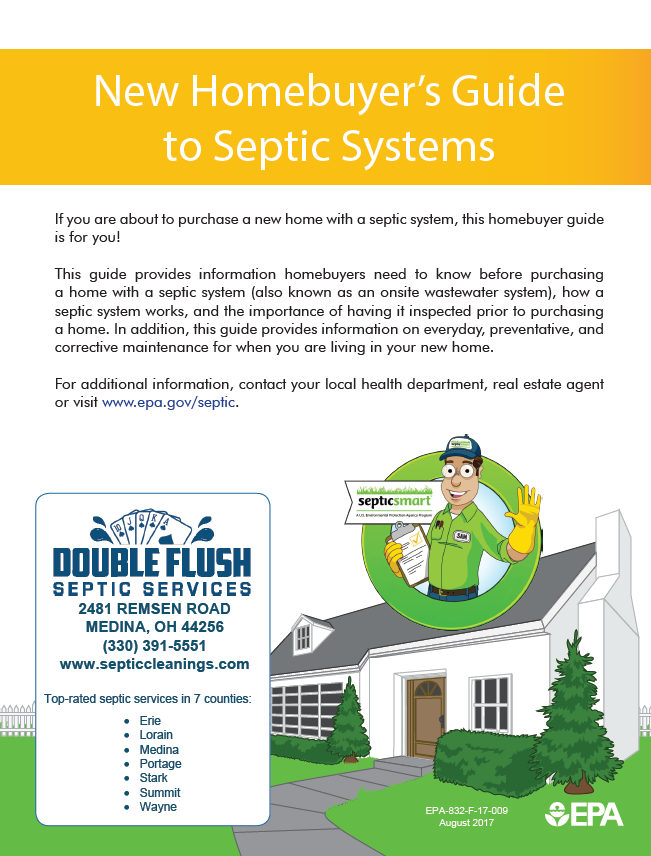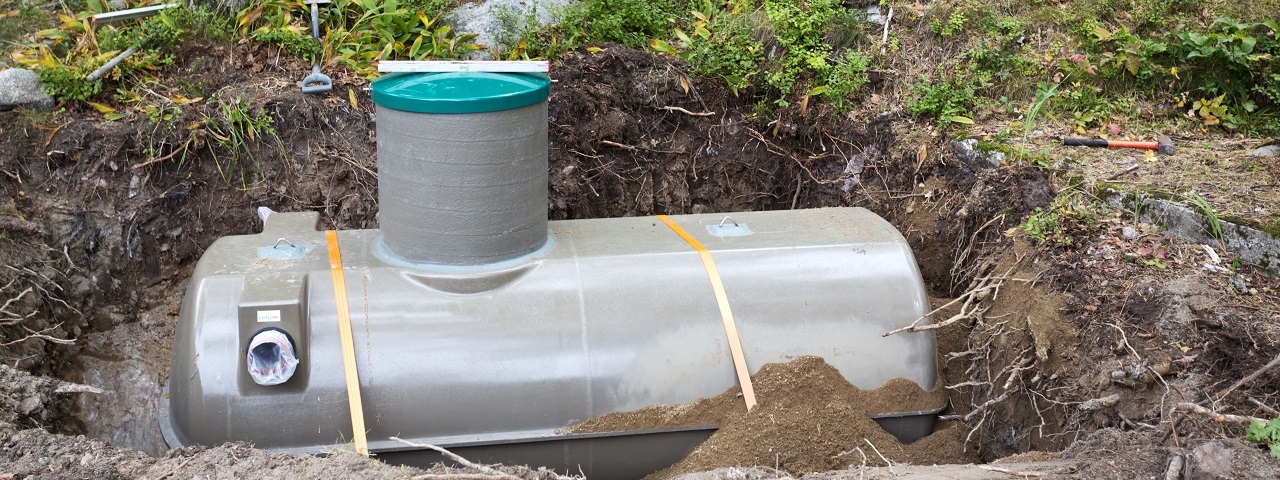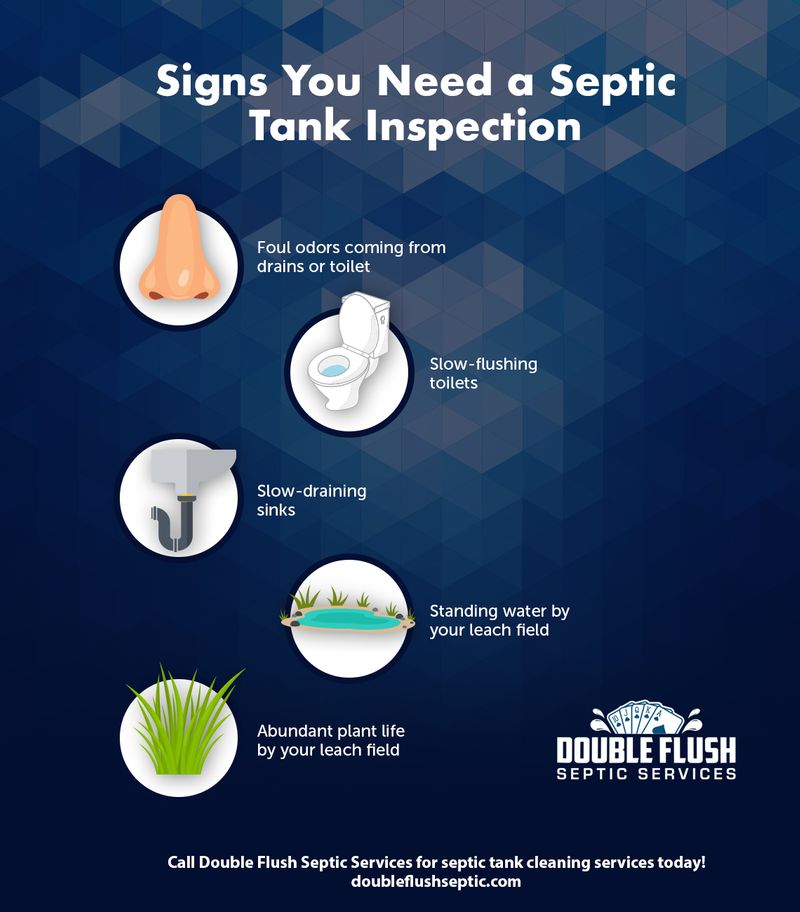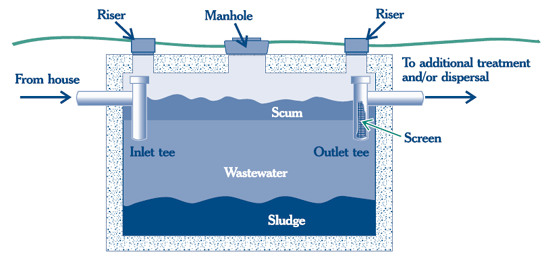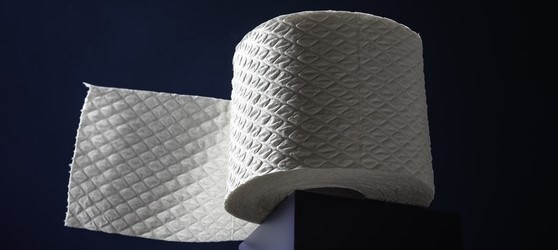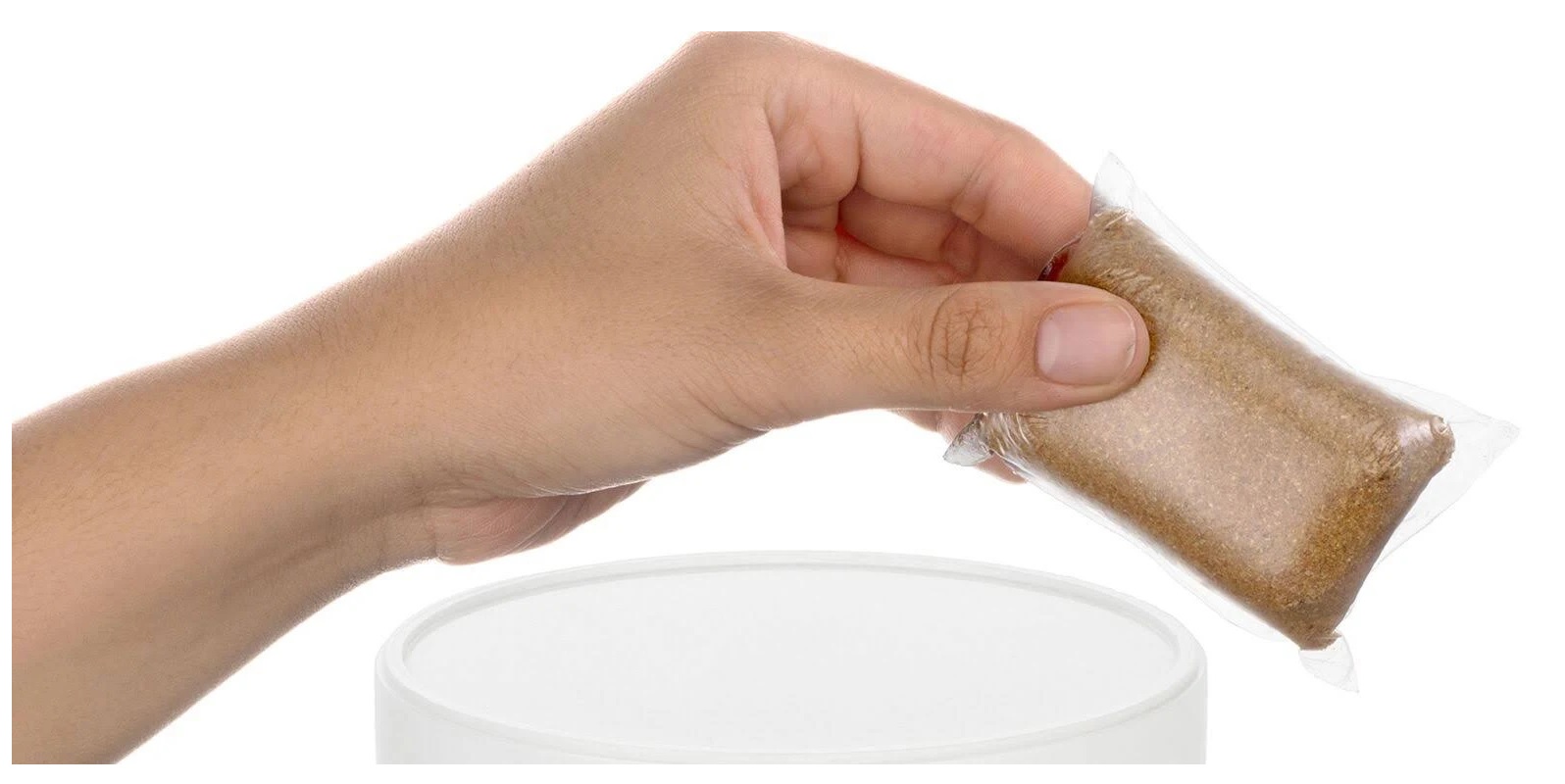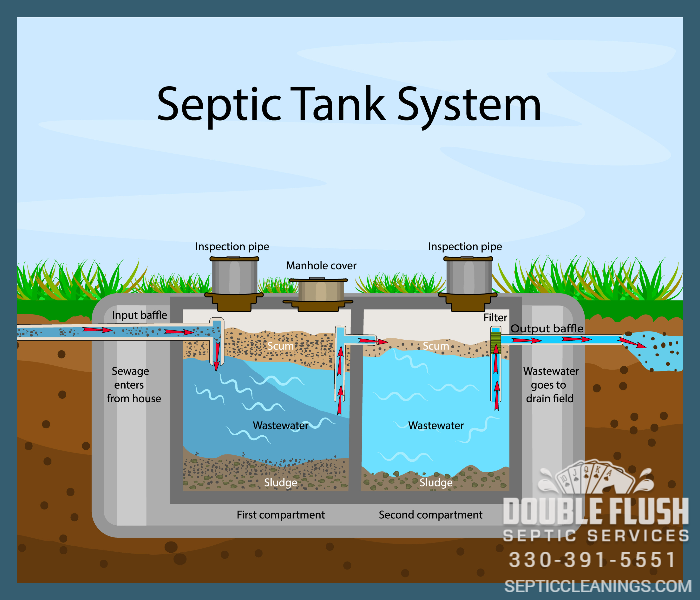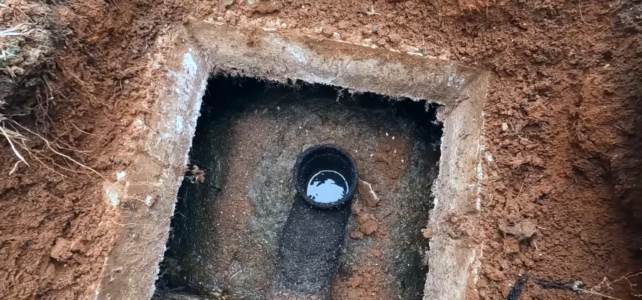SEPTIC TANK CLEANINGS
Whether you call it septic tank cleanings, septic pumping or a septic tank pump-out, your septic tank should be emptied, pumped/cleaned every few years to avoid emergency septic situations and unsanitary conditions.
Double Flush Septic Services is a Northern Ohio-based septic servicing business, providing emergency solutions for home and business owners throughout the region. We provide quality services and maintain transparency as certified service providers for Norweco and Hydro-Action septic systems. Based in Medina we proudly provide emergency septic services to homes and businesses throughout eight Ohio counties: Ashland, Erie, Lorain, Medina, Portage, Stark, Summit and Wayne. Reach out to us today to take advantage of our 24/7 emergency
TIPS ON MAINTAINING YOUR SEPTIC SYSTEM
From what to do and what to avoid to items that should never go into your septic tank, this post provides the basic septic tank maintenance tips.
Septic Tank Cleanings: Frequency
THINGS THAT SHOULD NEVER GO IN YOUR SEPTIC TANK
REDUCE EMERGENCY SEPTIC SERVICES WITH MAINTENANCE
24/7 EMERGENCY SEPTIC SERVICES NEAR YOU
We service the Northern Ohio area; are service area includes Ashland, Lorain, Wayne, Portage, Summit, Stark and Medina Counties. Our family-owned septic company is the one to call for all of your emergency septic tank services, including septic tank pumping. We can work around your schedule when it’s convenient for you, including working on weekends and evenings. Our team offers efficient septic tank pumping, so we take up as little of your time as possible. We take our time to ensure your septic tank looks good and is in good shape for the future. Rest assured, when you partner with our local, family-owned septic company, your Northern Ohio home or business will be well served. Call to get started today!
[trustindex no-registration=google]
